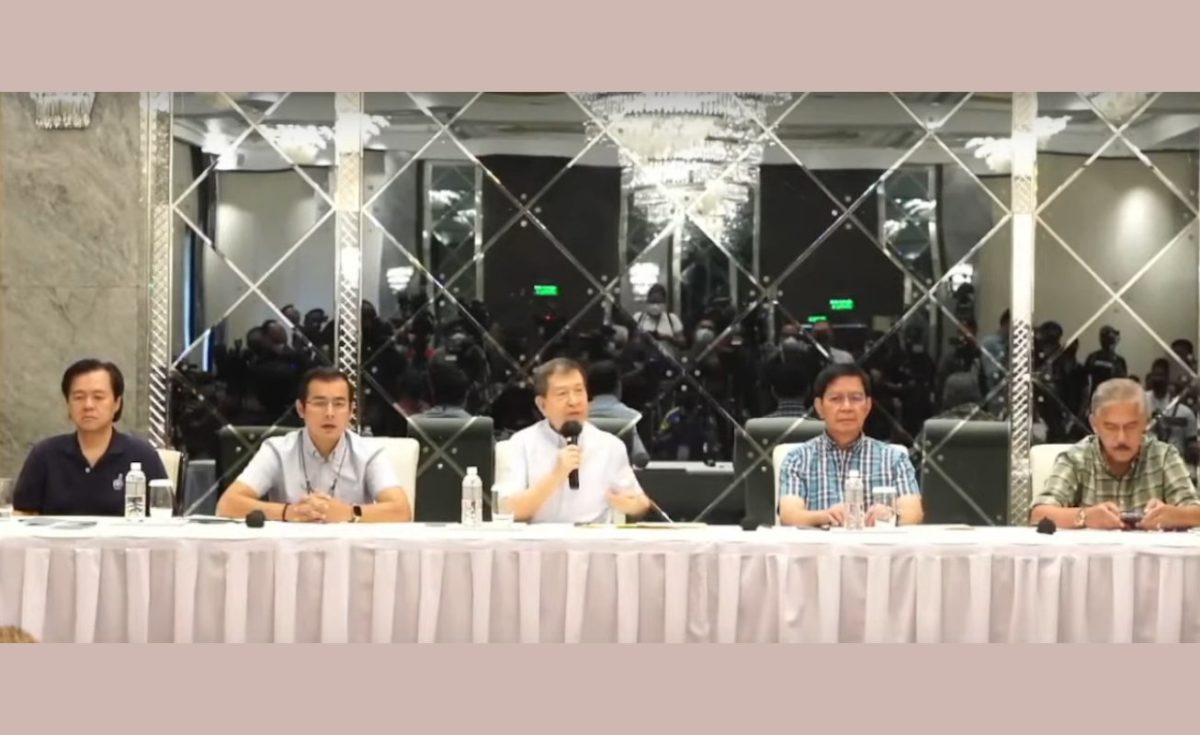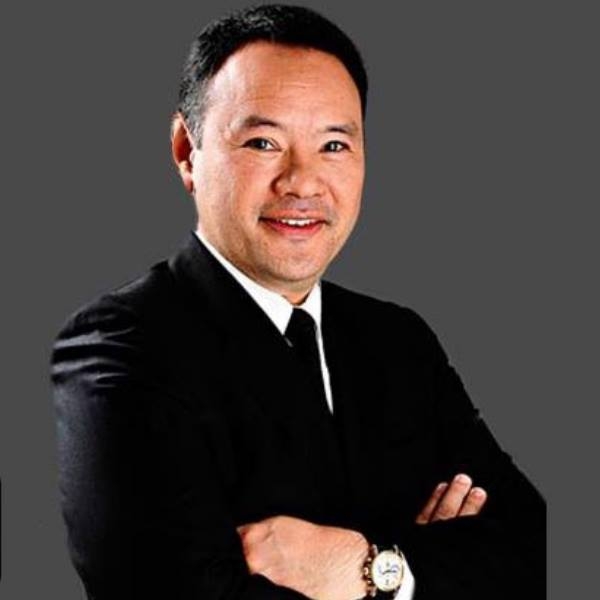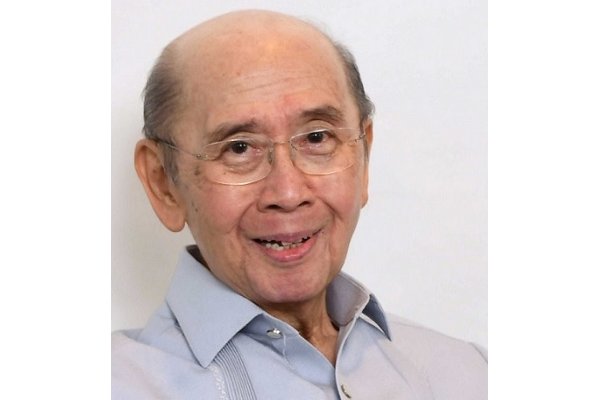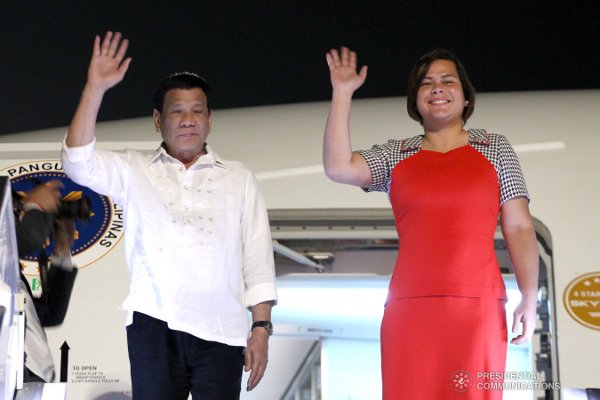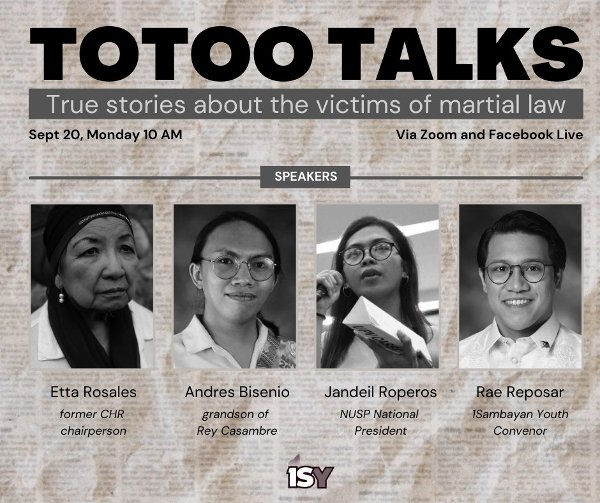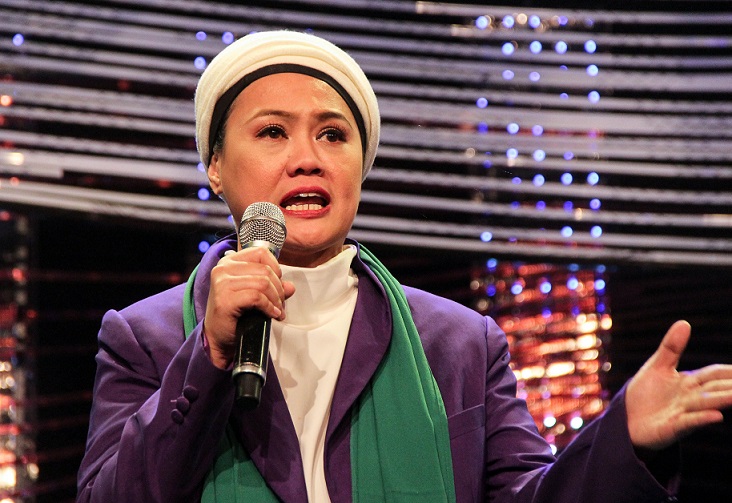In 2005, the senate investigated a cabinet secretary of Gloria Macapagal Arroyo after he signed a contract for the government with a Washington DC-based lobby firm. In that contract, the American firm Venable LLP was to help the Philippine government secure funds from the U.S. Congress to rewrite the 1987 constitution and launch the shift to a federal system. Under that contract, the government was to pay Venable $75,000 in monthly fees.
Questioned by the senate if he had the authorization of the president for the contract, the cabinet secretary said yes. Asked who the private donors were that he said would pay the monthly amount, he demurred. The senate cited him in contempt and detained him. Who was this cabinet secretary that signed the questionable deal? Norberto Gonzales, Arroyo’s national secretary adviser.
At one point in the Senate hearing, as Gonzales continued to refuse to divulge the names of the donors, an angry Senator Franklin Drilon told him flatly: “You are fooling us. You are fooling the whole nation.” The cabinet secretary had a hypertension episode from the three-hour grilling, but an unmoved Senator Joker Arroyo warned Gonzales that he would not be released until he provided the information the lawmakers wanted.
The issue at hand was the institutional integrity of the Arroyo administration that did not practice full disclosure. Gonzales became a fall guy who refused to sing, blared the Philippine Center for Investigative Journalism. Another enraged senator said, “He is trying to make a fool out of the senators and he is trying to fool all the Filipino people.” Who was that senator? Ping Lacson.
That wasn’t the end of Gonzales’s absurd adventures with charter change. Three years later, he embarked on another quest. Asked if it was possible for the government to defeat the communist rebellion in 2010, Gonzales offered an unconstitutional solution: extend the president’s term by two years. Who was that president? Gloria Macapagal Arroyo.
That Arroyo government was much criticized by a senator who called it “powerfully corrupt” and that First Gentleman Jose Miguel Arroyo was head of the Department of the Underground. “Mike Arroyo was responsible for assigning cronies to positions of power and making money out of them,” the legislator said.
Who was that senator? Ping Lacson.
In 2002, the Federal Bureau of Investigation (FBI) reported that a Filipino senator maintained four accounts in various banks in the U.S., the biggest of which allegedly had a $200,000 (P10 million) deposit. The U.S. Treasury confirmed this.
Asked about these allegations, the senator did not deny them but clarified that the accounts were no longer active.
The FBI also showed that the senator and his wife bought a property in Chula Vista, California for $170,000.
The National Bureau of Investigation (NBI)filed cases of perjury and non-disclosure of assets against the senator. NBI chief Reynaldo Wycoco added that the senator owned P150 million worth of mansions in posh gated villages such as Ayala Alabang and BF Homes Parañaque, but did not list these properties in his statement of assets, liabilities and net worth.
Where did the senator source his wealth? Remember the civilian police agent turned whistleblower Mary “Rosebud” Ong, who testified in the senate and implicated the senator in drug trafficking, kidnapping-for-ransom syndicates, and extrajudicial killings? By now of course it is obvious who this senator is who went into hiding in 2010 after being implicated in a celebrated double murder case: Ping Lacson. And who was the president who treated him as a protégé? Erap Estrada.
Politicians who enrich themselves in office and run happily to the bank is no shocking news in Philippine traditional politics. One even admitted he accumulated excess campaign funds amounting to P50 million after losing in the 2016 senatorial elections, stressing that he was being “tapat sa bayan”(honest to the people). But what is not illegal may not necessarily be moral and what that losing candidate did has effectively made him a candidate for hire.
The same politician has been evasive on issues concerning his lifestyle. “How does a simple politician afford his lifestyle?” asked one writer of the Manila Bulletin. The politician has likewise failed so far to clear his name on some issues such as his being an alleged habitué of casinos. He has not disclosed where he lives, although he has denied owning a mansion in Ayala Alabang. Claims that he owns prime commercial properties in Manila have also remain unanswered.
In 2012, the Commission on Audit discovered that this politician had 623 suspected ghost employees in city hall. He said the case filed against him in the Ombudsman has been dismissed but a Manila lawyer and social justice advocate said that in 2016, the case was still under investigation. Who is this politician with plentiful skeletons in his closet? Isko Moreno Domagoso.
These three candidates – Lacson, Moreno and Gonzales – tried to dictate their will in the upcoming presidential race from the opulent perch of their press conference at the plush Manila Peninsula Hotel over the weekend. How can three candidates, haunted by shady and fraudulent credentials, have the moral ascendancy to prescribe which candidate should run and who should withdraw? How can we consider their call objective when they are known acolytes of discredited kingmakers and queenmakers only out to reclaim their blemished standing in Philippine history? How can they suddenly be crusaders for clean elections? Give them mirrors.
The views in this column are those of the author and do not necessarily reflect the views of VERA Files.
